A Guide to the Philosophy of Life: Ukrainian Poetic Cinema
“Poetic Cinema”
Heidegger once said: The essence of all art is poetry. He quoted Holderlin's poem "Man, dwelling poetically" to describe the state of human existence, and the liberation and freedom of human mind.
Ukrainian cinema has a history of more than one hundred years, and there have been a number of well-known film masters. In the 1960s and 1970s, Ukraine was home to the world's most impressive artists. Their works returned the seventh art to its poetic nature, and provided important aesthetic updates and stylistic guidance for the entire film history of the world with local folktales.
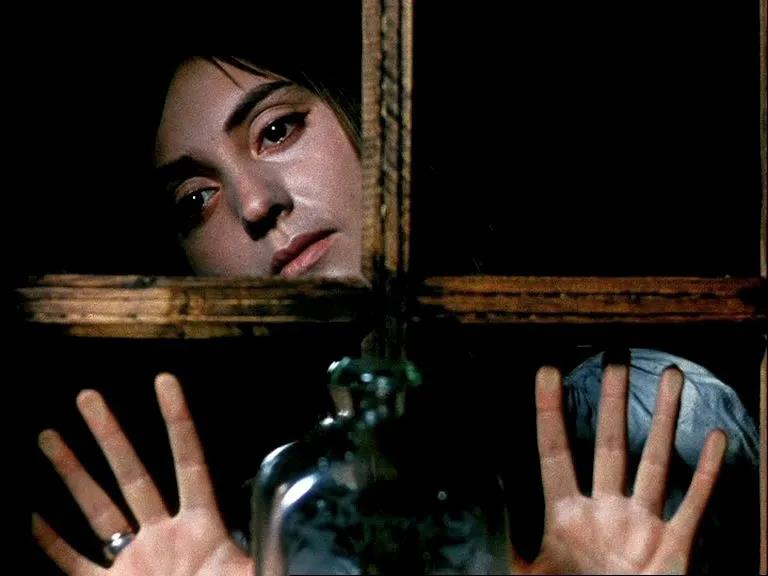
Stage photo of Shadows of Forgotten Ancestors
The “Global View” section of this Beijing International Film Festival will bring the Ukrainian poetic cinema that is called by Andrey Tarkovsky "a guide to the philosophy of life" – including four films, namely, Shadow of Forgotten Ancestors, The Eve of Ivan Kupalo, The White Bird Marked with Black and The Stone Cross.
Shadows of Forgotten Ancestors
Shadows of Forgotten Ancestors · 1964
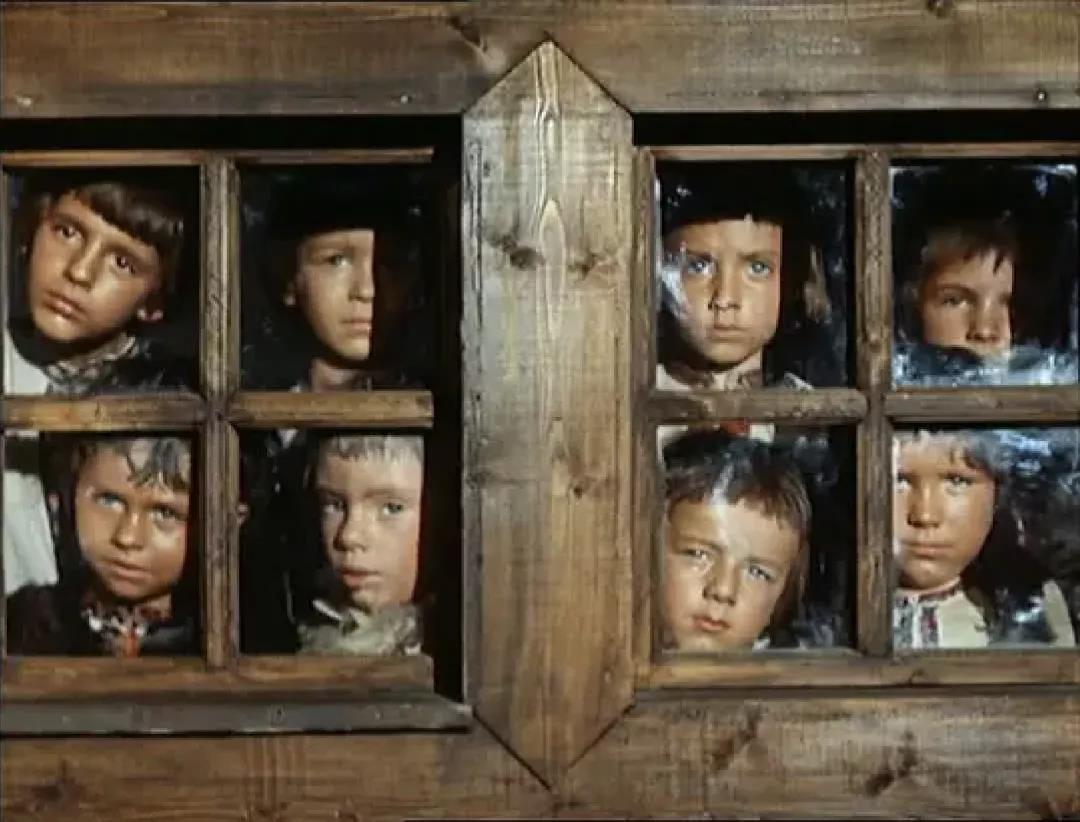
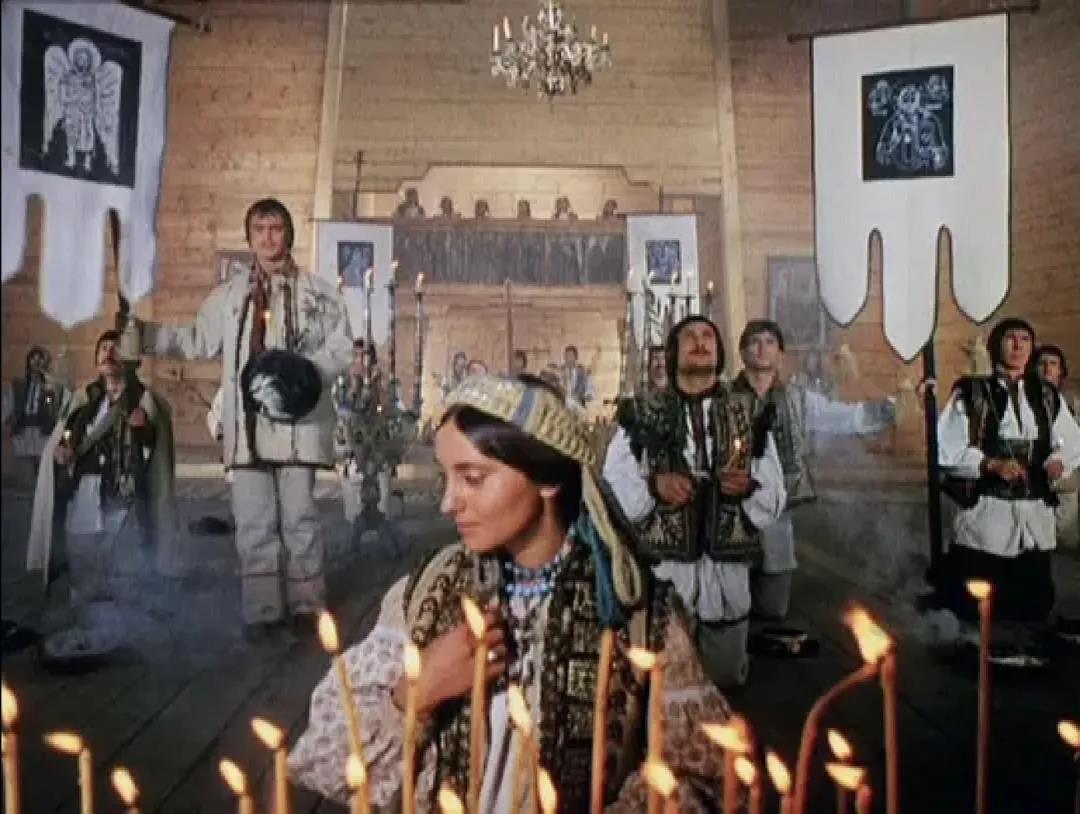
Stage photo of Shadows of Forgotten Ancestors
When it comes to poetic cinema, the most famous is Sergei Parajanov, who is one of the representative directors of poetic cinema. The Global View section of this Beijing International Film Festival will present his feature debut, Shadows of Forgotten Ancestors, based on The lyrical novel of the same name by Михаил Михайлович Коцюбинский. The film has set off a huge "aesthetic revolution" as soon as it was released. The film consists of 11 sections, and the image and structure is very expressive, which can be called a melodious lyric poem. Its complete poetic style has given it a good reputation and a high rating of 8.5 on Douban.
At 7:30PM on September 22, Huaxia Cinema (FUNF) will hold the film screening and opening ceremony. Please stay tuned!
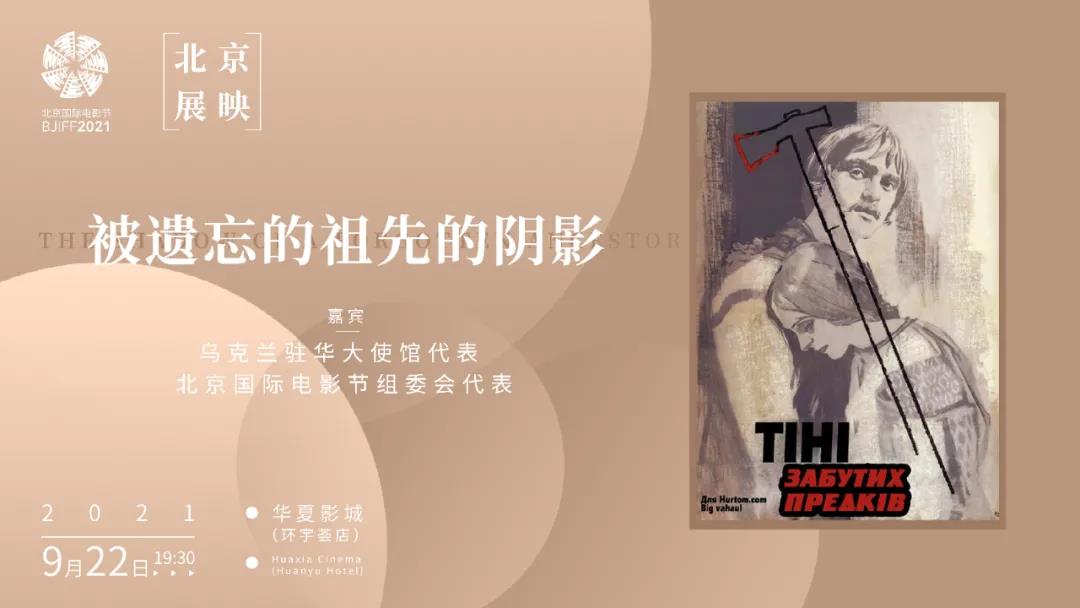
The Stone Cross
The Stone Cross · 1968
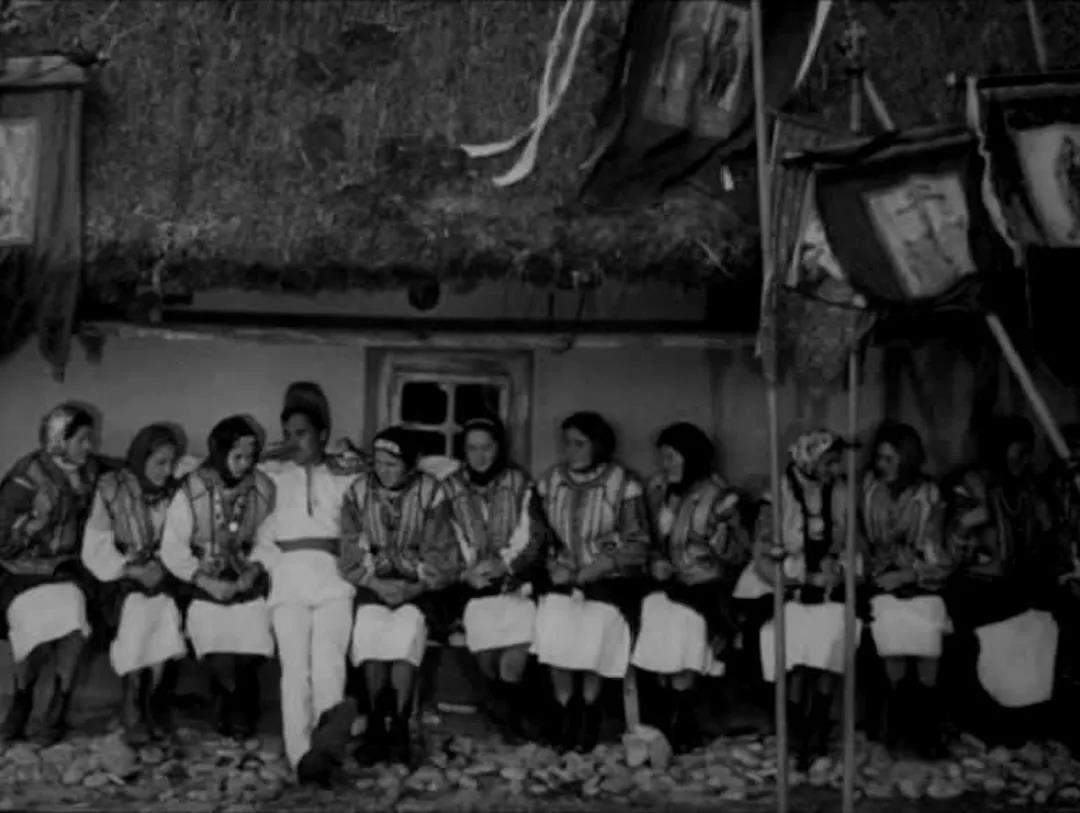
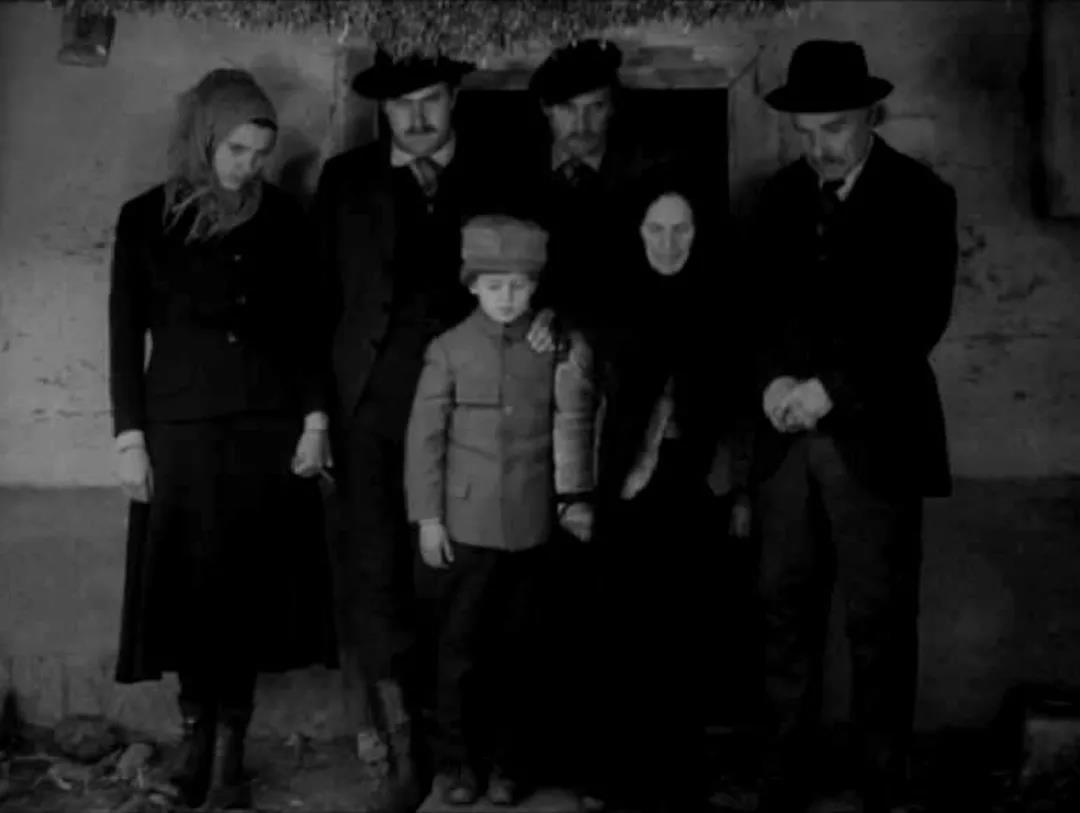
Stage photo of The Stone Cross
The Stone Cross directed by Leonid Osyka is arguably the least popular film in this section.It's a once-in-a-lifetime opportunity for fans to see the masterpiece of the golden age of Ukrainian poetic cinema on the big screen. Rating of the classic work on Douban can be expected soon.
The Eve of Ivan Kupalo
The Eve of Ivan Kupalo · 1968
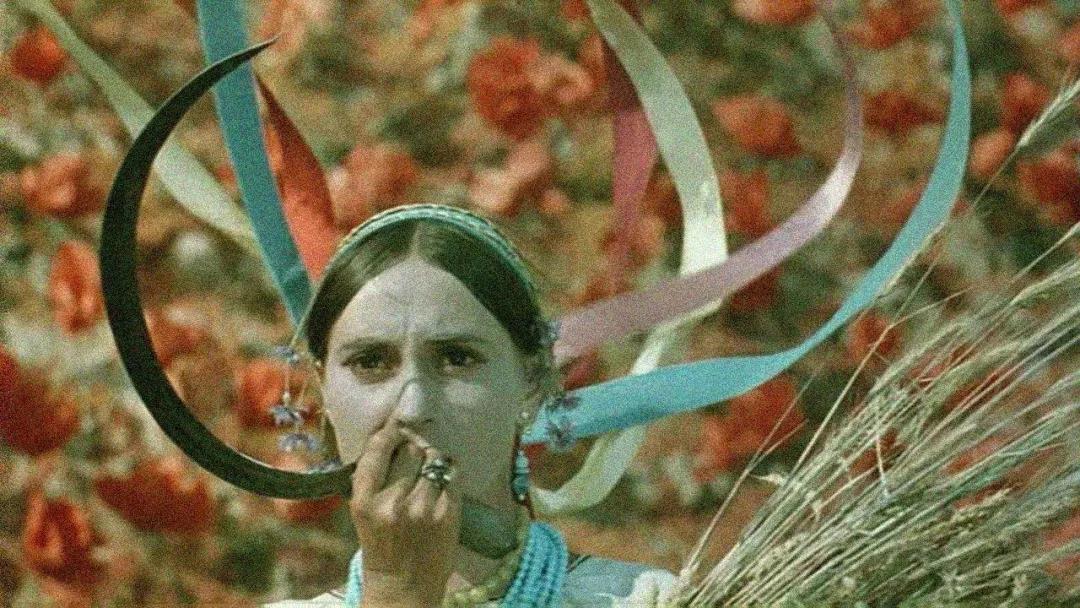
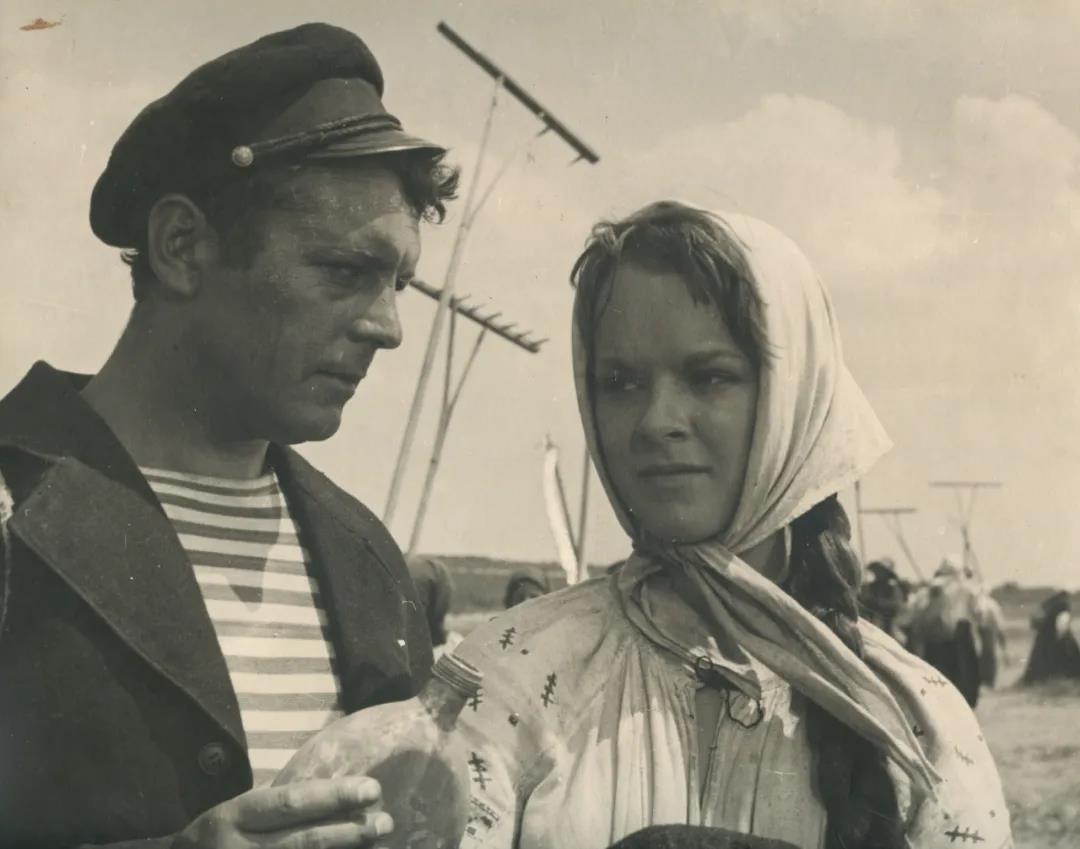
Stage photo of The Eve of Ivan Kupalo
The Ivan Kupalo is an ancient traditional festival in Russia. There is a local custom of lighting the "Kupalo fire".Love is an important part of the Ivan Kupalo, and love is the eternal theme that young people yearn for. The Eve of Ivan Kupalo directed by Yuri Ilyenko focuses on the tragic love story of two lovers. The hero escapes into the collective unconscious world under the control of the devil and saves himself in this way. The film adopts imaginative and experimental camera language to express a folk romantic elegy with local characteristics for the audience.
The White Bird Marked with Black
The White Bird Marked with Black · 1971
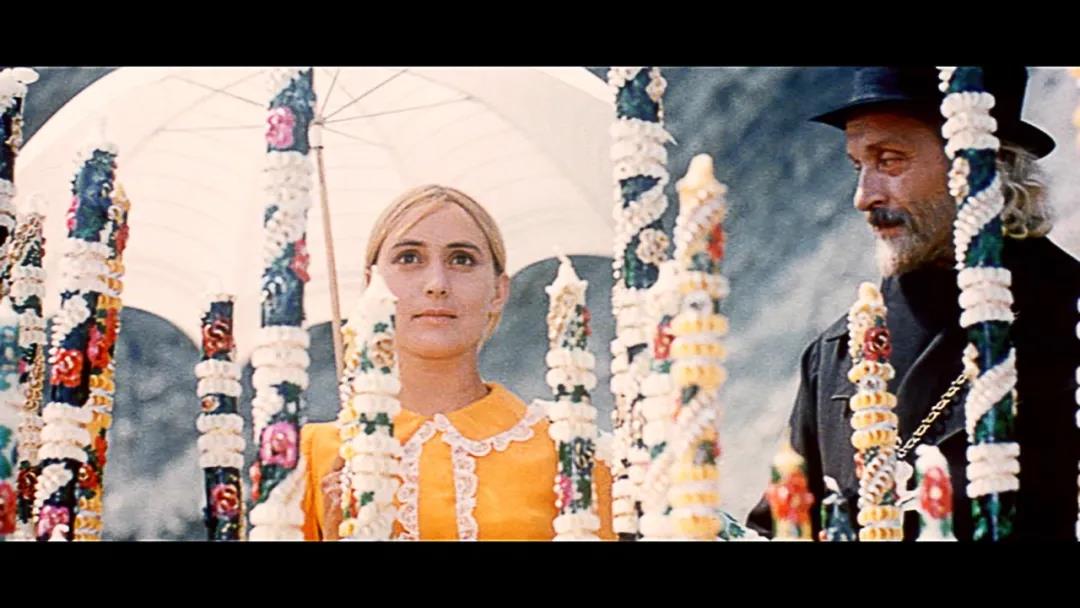
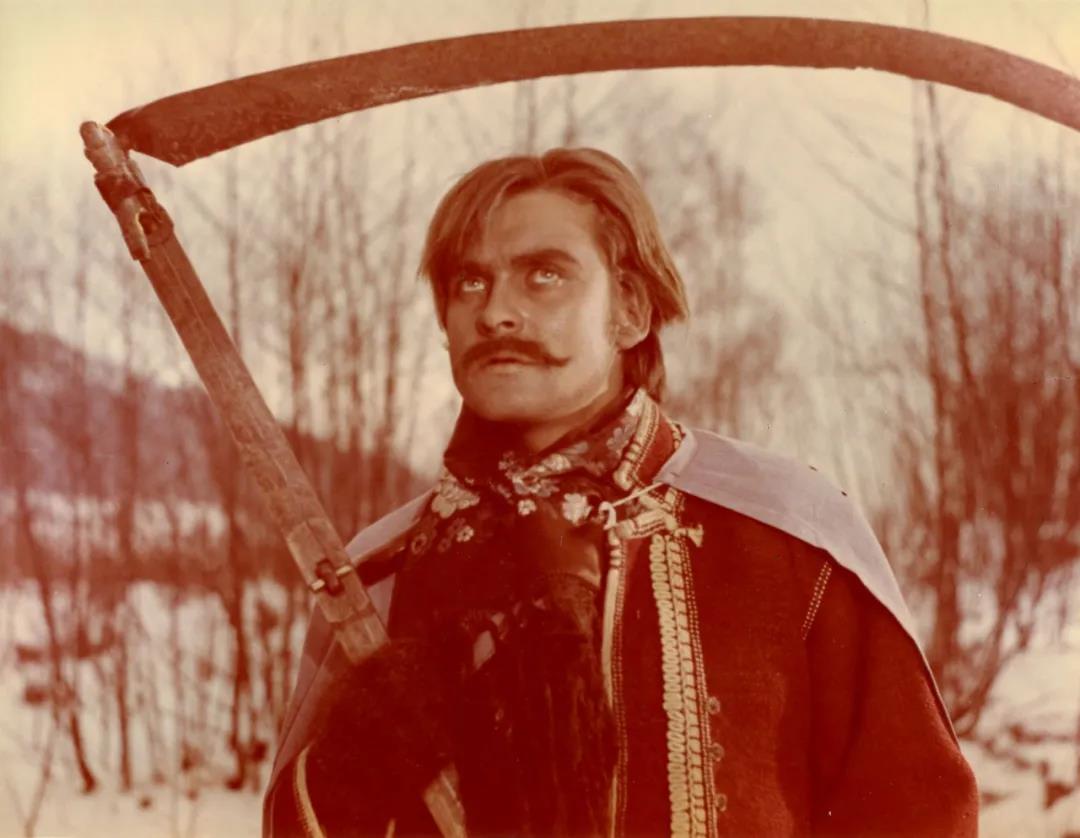
Stage photo of The White Bird Marked with Black
Another of Ilyenko's works, The White Bird Marked with Black, enjoys the same historical importance in the history of Ukrainian cinema as that of Shadows of Forgotten Ancestors. This film further explores the style and form of poetic cinema, and establishes Ilyenko's creative position in the field of poetic cinema to some extent. The prominent composition and shot design make Ilyenko's works great for the big screen, while the illusory images and metaphors imply eternal themes of anti-imperialism and anti-colonialism.
The poetic cinema, which is different from other narrative images, regards film as art traditionally and conceptually. The expressiveness of poetry plays an irreplaceable role from literature to film.
Please stay tuned on the Global View - Ukrainian Poetic Cinema section of this Beijing International Film Festival to share this poetic feast on the big screen.

